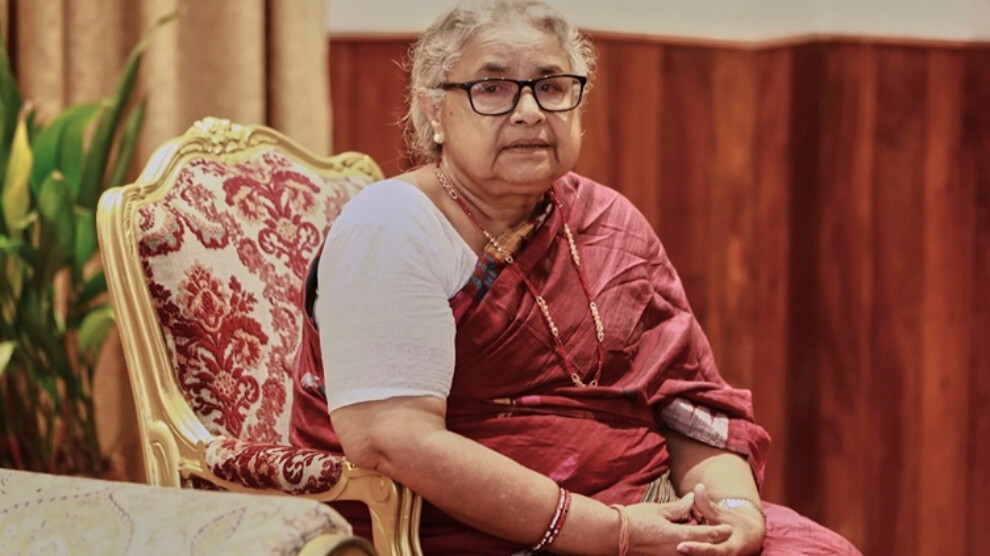Nepal makes history with first woman prime minister
Former judge and ex-chief justice Sushila Karki has been appointed interim prime minister, marking Nepal’s first female leadership in the country’s political history and a milestone for gender equality in the Himalayan nation.

News Center - After deadly protests led by Gen Z youth against a government ban on social media platforms, which left more than 50 dead in clashes with riot police, former Supreme Court chief justice Sushila Karki was appointed interim prime minister of Nepal.
Karki was sworn in on Friday, September 12, to lead a six-month transitional government ahead of national elections following the violent demonstrations that toppled the previous administration.
Sushila Karki, 73, was born into a political family from the Koirala lineage, historically linked to Nepal’s largest democratic party, the Nepali Congress. She began her career as a lawyer and became the first woman appointed Chief Justice of the Supreme Court in 2016. Despite attempts to remove her during her tenure, Karki was widely respected for her integrity and independence within legal and political circles.
Background of political crisis
Protests erupted after the government banned 26 social media platforms, including WhatsApp, Facebook, and Instagram, sparking widespread anger among young people. The demonstrations quickly evolved into a broader movement against corruption and nepotism, with violence breaking out, including fires at the parliament building and government offices in Kathmandu. This ultimately led Prime Minister KP Sharma Oli to resign.
Following intensive consultations between the president, protest leaders, and legal experts, an agreement was reached to appoint Sushila Karki as interim prime minister, dissolve parliament, and set general elections for March 5.
Youth from Generation Z welcomed Karki’s appointment, viewing it as a victory for their movement and a signal of a new political phase. The coming weeks are expected to be critical for Nepal’s political future, as the public watches closely to see what the first woman to lead the government in Nepal will achieve in a country still navigating its path toward stable democracy
